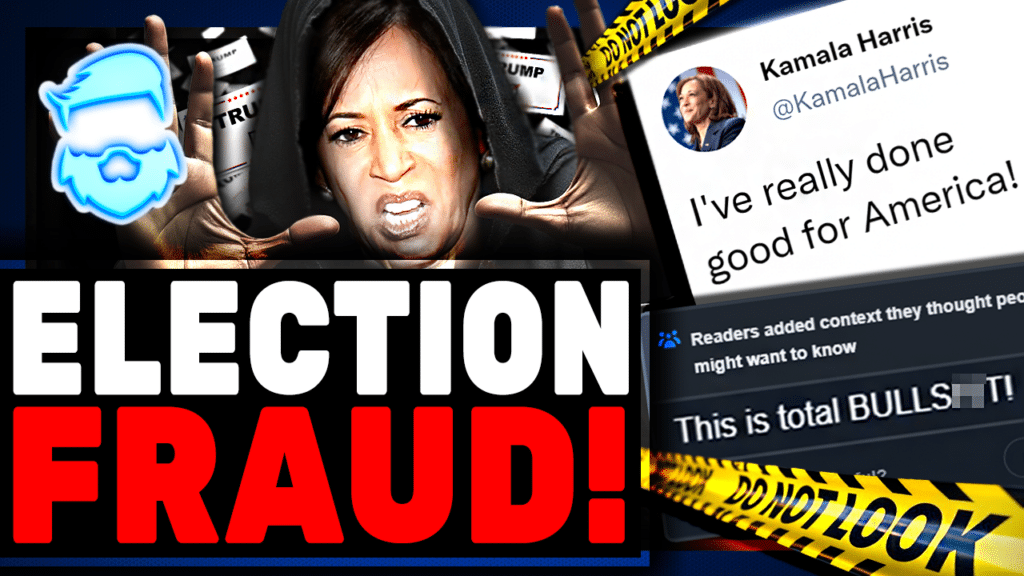NEW YORK — With Donald Trump expected to be indicted in the coming days, his supporters, critics, New York law enforcement officials and a variety of other constituencies await the history-making spectacle of seeing criminal charges brought against a former president for the first time.
In many ways, the mechanics of indicting Trump are likely to be the same as they would be for any other defendant charged by Manhattan District Attorney Alvin Bragg. In other ways, they may be quite different largely due to the fact that Trump enjoys the protection of the U.S. Secret Service and draws supporters who’ve resorted to violence in the past.
Here is how the expected indictment of Trump is likely to unfold — although, as with most things related to the former president, expect the unexpected.
No, but it appears very likely. The Manhattan district attorney’s office has brought numerous witnesses before the grand jury and offered Trump a chance to go before the grand jury, an indication that the office will seek to indict him. Though it is possible for the grand jury to vote against charging him, grand juries rarely decline to indict. And if the district attorney’s office thought they were in danger of the grand jury voting “no,” prosecutors likely would have paused the proceedings.
After prosecutors finish presenting witnesses, an assistant district attorney will tell the 23-person grand jury which charges they will be considering and will read them the text of the law. The grand jury will then leave to discuss the case and vote on it. An indictment requires 12 or more jurors to vote yes. If that happens, the vote will be recorded on a form and signed, then taken by someone from the district attorney’s office to either the clerk’s office or to the office of the judge who is overseeing the grand jury. It will be placed into an envelope, sealed and stamped by a clerk.
After prosecutors finish presenting witnesses, an assistant district attorney will tell the 23-person grand jury which charges they will be considering and will read them the text of the law. The grand jury will then leave to discuss the case and vote on it. An indictment requires 12 or more jurors to vote yes. If that happens, the vote will be recorded on a form and signed, then taken by someone from the district attorney’s office to either the clerk’s office or to the office of the judge who is overseeing the grand jury. It will be placed into an envelope, sealed and stamped by a clerk.
Because the case is white-collar, the district attorney’s office will ask Trump’s attorney when he plans to come to New York to be arraigned. The law doesn’t require a defendant to turn himself in within a specific timeframe, so the timing here is flexible. Whenever he comes to New York, he and his attorney will report to the district attorney’s office where Trump will be arrested and booked, which means he’ll be finger-printed and have his mug shot taken. He may also get a DNA swab. It is unclear how his Secret Service protection may affect this process.

















